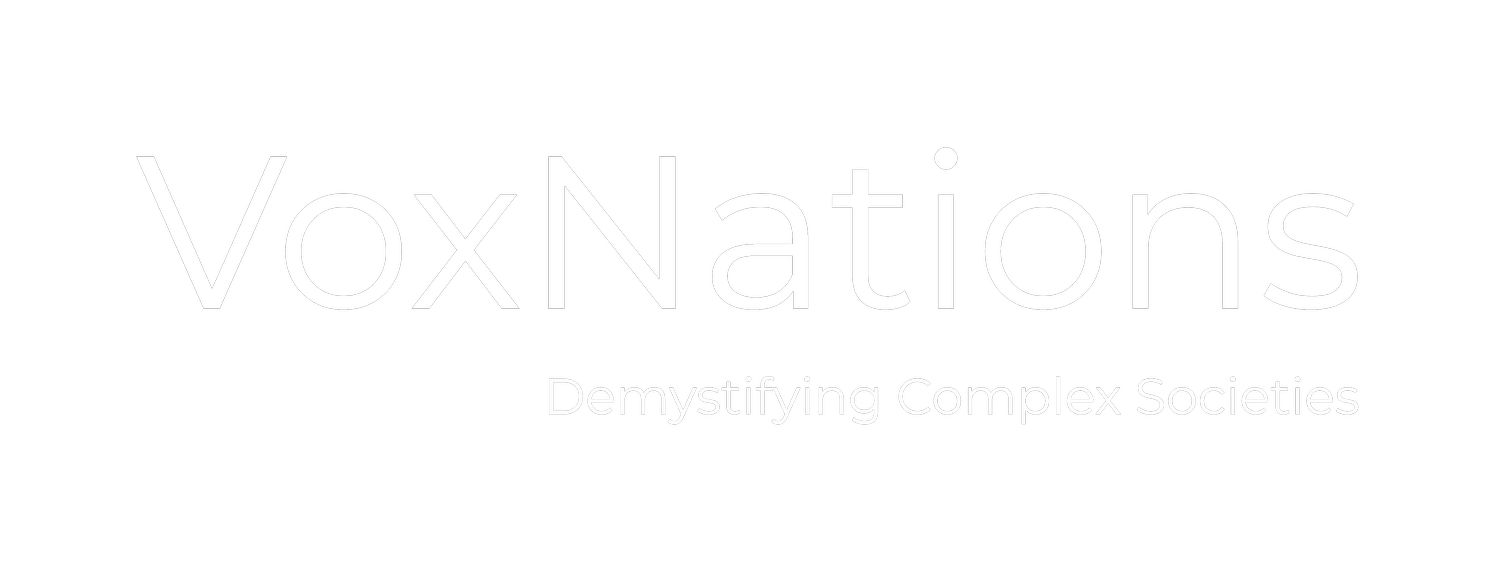As difficult as it was for President Rouhani to secure a deal, it will be even more difficult for him to sustain popular support for it when all the excitement dies down. In a new poll that IranPoll.com, an independent Toronto-based opinion research firm, conducted for the University of Maryland, a majority (57 percent) of Iranians expressed support for the deal.
Yet, the expressed support heavily rests on the assumption, held by most Iranians, that the deal will result in better access to foreign medicines and medical equipment (61 percent); significantly more foreign investment (62 percent); and tangible improvements in living standards (55 percent), all within a year.
If these expectations are not realized quickly, Rouhani will be left with the unpleasant task of explaining who has pocketed the benefits of the deal and what Iran got in return for rolling back the nuclear program. This will be particularly difficult since 83 percent of Iranians think it is "very important" for Iran to continue developing its nuclear program and Rouhani would need to show that what Iran got in return was better. This level of Iranian support for Iran to develop its nuclear program has remained essentially unchanged across various polls conducted in Iran since 2006.
The national telephone poll of 1,009 Iranians was conducted by IranPoll.com and University of Tehran Center for Public Opinion Research (UTCPOR) for University of Maryland's Center for International and Security Studies at Maryland (CISSM) on 12-28 May 2015, with a margin of error of 3.2 percent.
In reaction to the nuclear deal, Ali Tayebnia, Iran's minister for economic affairs and finance, acknowledged these challenges:
With the deal, we need a few months after the implementation of the agreed processes by Iran and the west before the full effects of the lifting of the sanctions can manifest. At the same time, people are worn down by the pressures of the past few years and expect a swift resolution to the country's economic problems.
The deal could introduce other problems for President Rouhani as well. Iran's economy suffers from many structural deficiencies that are mostly the byproducts of mismanagement and corruption. To this date, Iranian officials had the luxury of blaming Iran's sluggish economy on "unjust" foreign sanctions. The post-deal environment, however, will be different and Iranians are more likely to place the blame for Iran's underperforming economy on Iranian policymakers. With a diminished scapegoat, Rouhani will quickly come under increasing pressure to explain why he has not been able to turn things around.
More significantly, Iran's economy is in dire need of foreign investment, particularly in its oil and gas sectors. While the Joint Comprehensive Plan of Action will lift many restrictions that were placed on such investments in Iran's economy, by no mean does it advocate such investments. To this date, the United States has been able to impose staggering fines on global financial institutions that have been found to evade US sanctions and the pain of these fines are not likely to be forgotten by banks for the years to come. With most US sanctions on Iran still in place and the snap-back provisions that are included in the deal, major multinational companies are unlikely to accept the risks of investing in Iran.
The most likely scenario, considering Iran's impressive cash reserves held in foreign banks and a middle-class with an acquired taste for foreign goods, is that most companies would want to exploit Iran's market by selling their goods to Iran in return for fast risk-free cash instead of investing in it. While this will lower the cost of consumer goods in Iran, the competition is likely to force many Iranian industries into bankruptcy, resulting in higher unemployment rates. Of course, Iran could prevent this by introducing tariffs with equal effect of the sanctions, in which case the whole economic point of the deal would be lost.
Still, the positive psychological effects of the deal, the initial catch-up effect of suppressed inherent development capacities of a well-educated 80 million strong population, and Iran's relatively unique stance as an unexploited large economy might help Rohani carry public support in the short term. In the long run, however, there is no substitute for effective governance and sound economic management.







































































